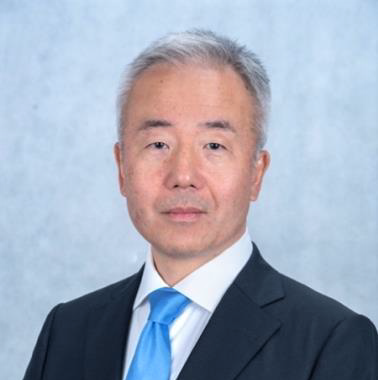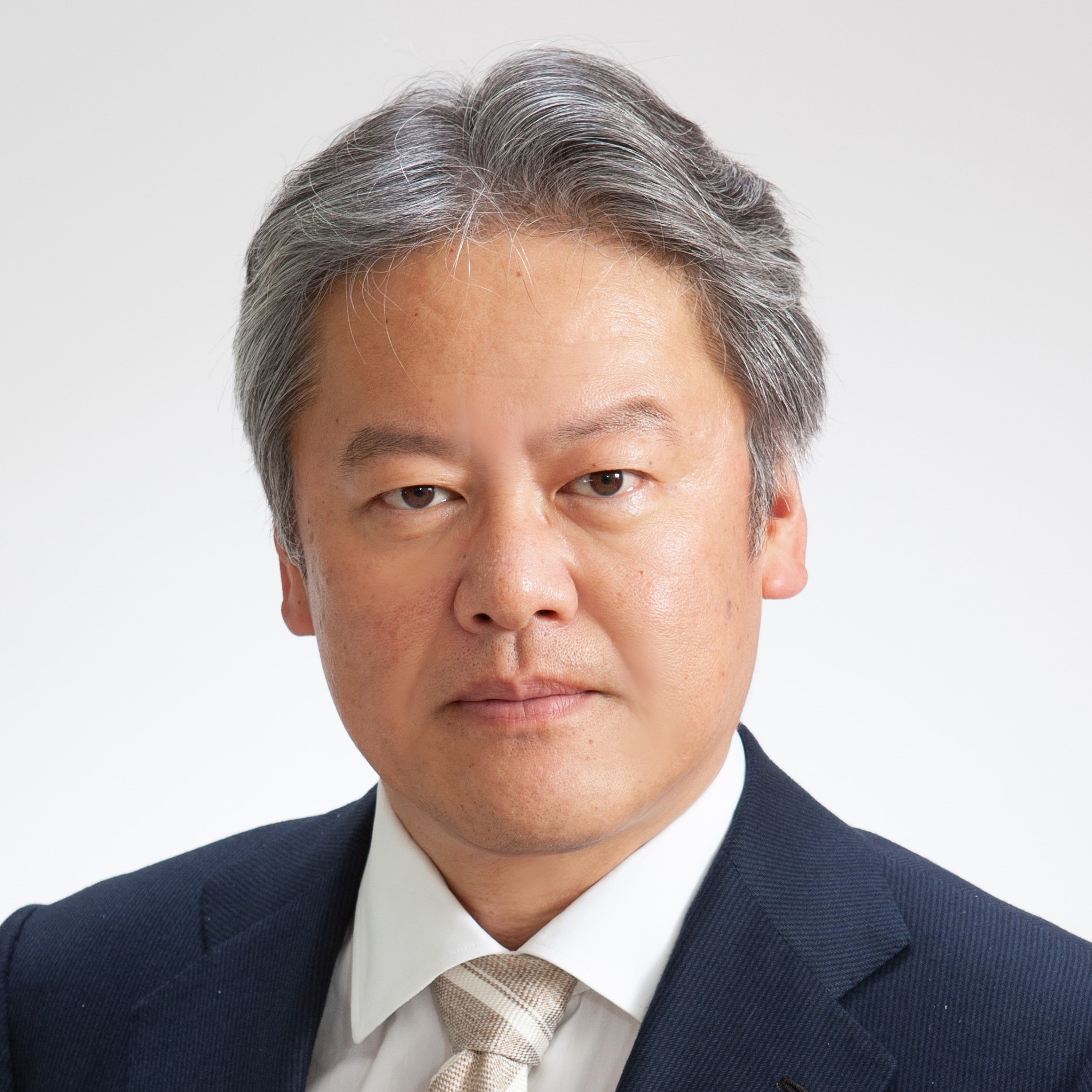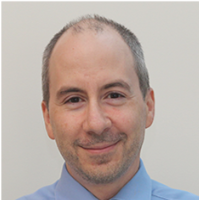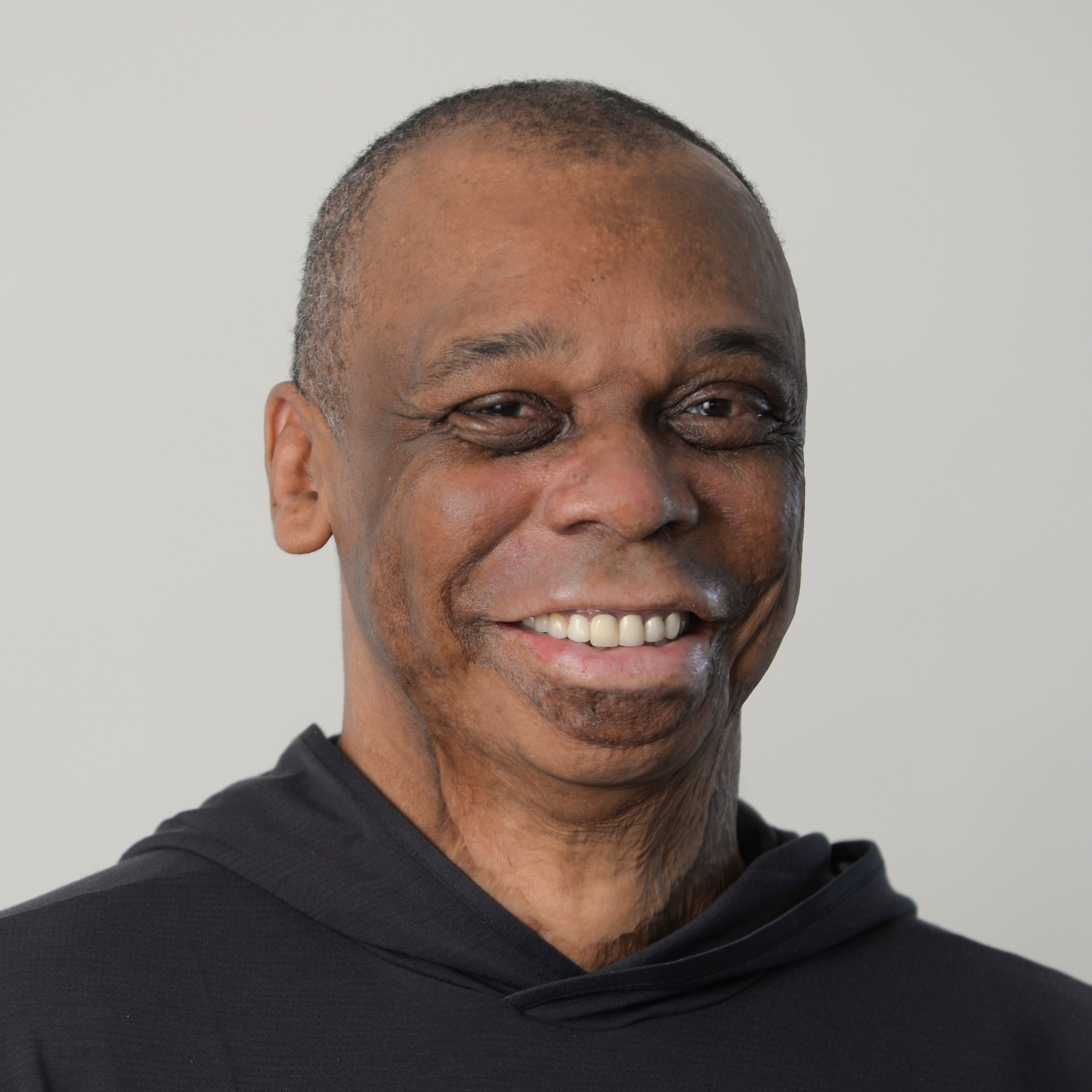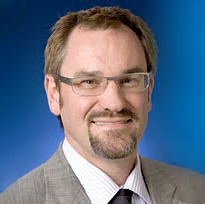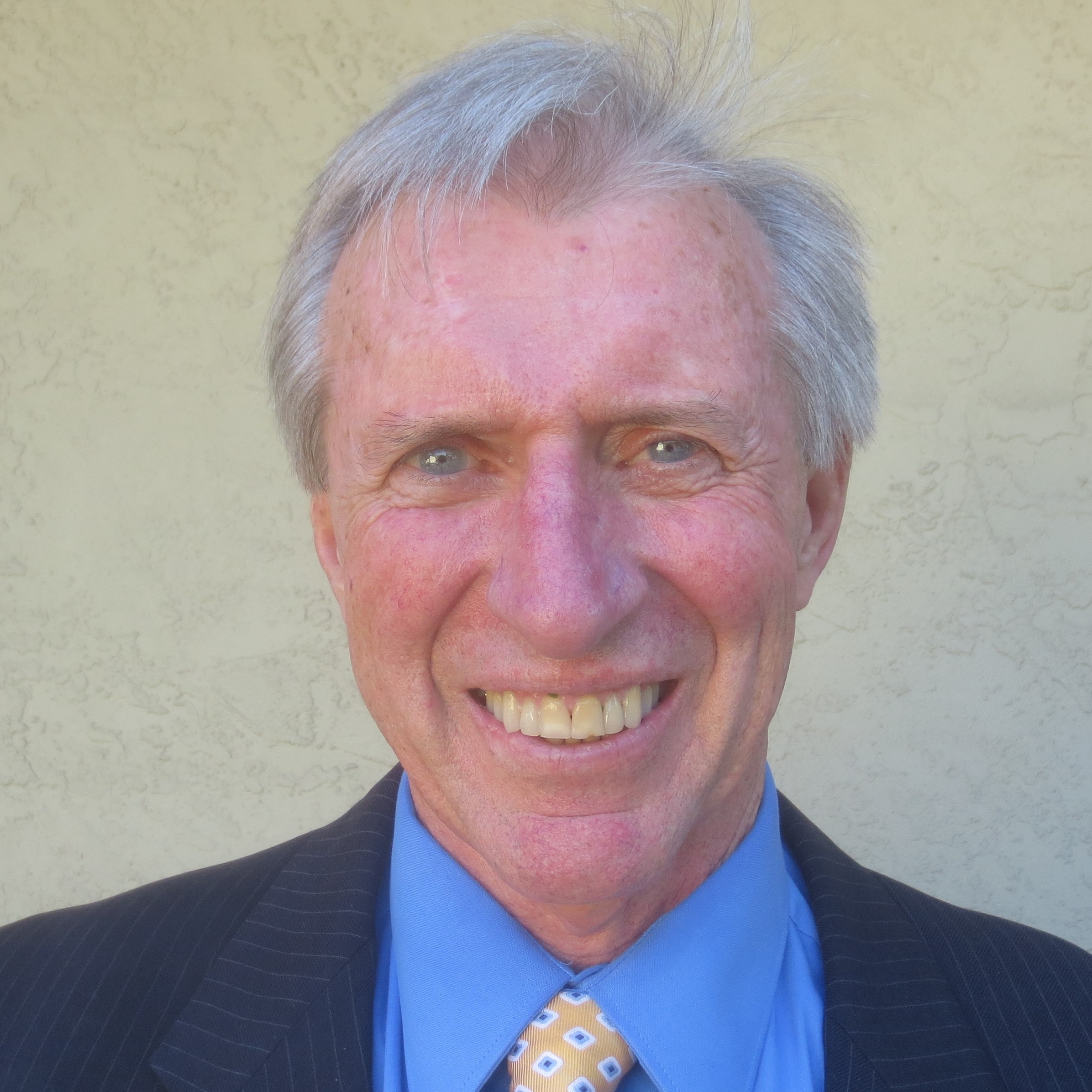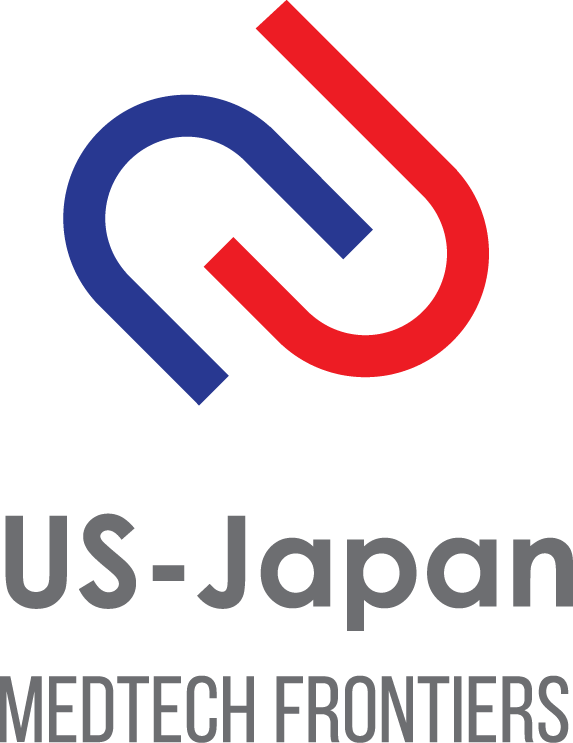Guest Speaker Information
(Click the image above for more information about the event and participating companies)
| KEYNOTES & JAPANESE COMPANY PITCHES |
REGISTER FOR |
B2B MEETINGS WITH JAPANESE COMPANIES |
|
Wednesday-Thursday July 14-15, 2021 5:00 - 6:30 PM PDT |
Deadline: Tuesday, July 13, 2021 5:00 PM PDT |
Please contact Japanese companies via the E-mail listed to arrange a meeting |
OPENING REMARKS |
|
|
|
Consul General MAEDA Toru began his career at the Ministry of Foreign Affairs of Japan in 1985 and has been in the foreign service for the last 35 years. Prior to his arrival in San Francisco in February 2020, he served as Minister / Deputy Chief of Mission of the Embassy of Japan in Myanmar. Over the past decade, he has held several senior positions in both overseas and domestic assignments, including Director General and subsequently Senior Vice President of the Japan International Cooperation Agency (JICA), Minister / Head of Chancery of the Permanent Mission of Japan in Geneva, and Minister in charge of economic affairs of the Embassy of Japan in Indonesia. His other postings in the Ministry of Foreign Affairs include Director positions in the International Cooperation Bureau and Intelligence and Analysis Service. He received his B.A. in Law from the University of Tokyo and M.S. in Foreign Service from Georgetown University. |
KEYNOTE SPEAKERS |
|
DAY 1 |
|
|
Japan Biodesign Stanford Biodesign
|
Transpacific Collaboration of Healthcare Business Between Japan and US
Dr. Ikeno is a Researcher, Cardiovascular Medicine, Stanford University. In this role, he is responsible for pre clinical studies including GLP for medical devices and also regenerative medicines for cardiovascular diseases. Currently, he is devoting himself to the international regulatory project between Japan and the United States, also known as "Harmonization by Doing", whose focus is to collaborate with regulatory agencies such as FDA, PMDA/MHLW, academia and industries for improving the regulatory process in the 2 largest medtech markets. Dr. Ikeno also devoted himself to found Japan biodesign program which is a collaborative program with University of Tokyo, Osaka University, Tohoku University, Japan Federation Medical Device Association, Ministry of Education Japan and Stanford biodesign program. Currently, Dr. Ikeno serves as the Program Director (US) for Japan Biodesign. Dr. Ikeno is co-founder and board member of US-Japan MedTech Frontier which is a non-profit cooperate to make a trans-pacific eco-system of medical device between Japan and USA.
After 9 years clinical practice as an interventional cardiologist and Family Doctor in rural areas of Japan, Dr. Ikeno came to Stanford as a Researcher and completed his Biodesign Certificate Program. Being part of the ecosystem in Silicon Valley, Dr. Ikeno participated in more than 200 medtech projects and 50 GLP studies as well as in the analysis of clinical trials for cardiovascular medicine (BARI2D, FAME, ReOPEN etc.). His other academic consortium projects include Peripheral Academic Research Consortium, Global Consensus Working Group of Optical Coherence Tomography, and Japan-US consensus document for the treatment of critical limb ischemia.
|
|
Deputy Director Office of Cardiovascular Devices Center for Devices and Radiological Health U.S. Food and Drug Administration |
Pathways to the U.S. Market for Innovative Medical Devices Dr. Kenneth J. Cavanaugh Jr. has been employed at the U.S. Food and Drug Administration Center for Devices and Radiological Health (CDRH) since 2003, and is currently the Deputy Director of FDA’s Office of Cardiovascular Devices. In this role, he supports the oversight of pre-market regulatory review, post-market surveillance, and compliance-related activities involving all cardiovascular devices in the United States. Dr. Cavanaugh also works extensively in the areas of standards and guidance development, clinical trial design, and international harmonization, including serving as the co-chair of the International Medical Device Regulators Forum (IMDRF) Good Regulatory Review Practices Working Group. From 2016 – 2017, he relocated to Japan on an external fellowship and partnered with multiple Japanese healthcare-related government agencies and non-government organizations to further promote global regulatory collaboration and medical device development. |
DAY 2 |
|
|
|
Toward Bio Digital Twin Creation Based on Causal Mechanisms Dr. Alexander has a background in both engineering and medicine. Graduating with a degree in Chemical Engineering from Auburn University, he studied medicine as a Fellow of the Medical Scientist Training Program (MSTP) at Johns Hopkins Medical School where he received both M.D. and Ph.D. degrees – the latter in Biomedical Engineering, specializing in cardiovascular dynamics.
He completed a cardiology research fellowship at Albert Einstein College of Medicine before receiving additional training as a Japan Society for Promotion of Science (JSPS) Fellow at Kyushu University. He later held academic faculty positions in Biomedical Engineering and in Medicine at Vanderbilt University while completing a residency in Internal Medicine at Vanderbilt Hospital. He has also previously collaborated with The National Cerebral and Cardiovascular Center as a Visiting Researcher supported by the Science and Technology Agency of Japan. He is a Fellow of the American College of Cardiology, and has 20+ years of experience in the pharmaceutical industry, working for Merck & Co. and for Pfizer, Inc.
About NTT Research, Inc.
|
|
|
SynFini™ - An Automated Chemistry Platform Nathan Collins is responsible for the translation of strategic research and development programs in SRI Biosciences into advanced platforms that have societal and commercial impact. Specializing at the interface between innovative, translational R&D, and commercialization, Collins has more than 25 years of experience in the biotechnology industry and has worked for more than 15 years as an executive manager.
His research experience covers drug discovery from basic research through to clinical development. He is responsible for the development of SRI’s portfolio of drug discovery and diagnostics technologies. He previously led the organization’s operating Centers for Cancer and Metabolism, Immunology and Infectious Diseases, and Chemical Biology located in Menlo Park, California and Harrisonburg, Virginia.
In addition to drug research, Collins and his teams have established a number of new technology platforms at SRI, such as the SynFini™ suite of tools to automate the synthetic chemistry discovery process, focusing on key areas of route design, reaction screening & optimization (RSO), and multi-step synthesis development; the FOX Three Molecular Guidance System™ which uses proprietary phage display bio-panning procedures to identify unique peptide delivery agents to specific cell types and subcellular locations; the SL platform that identified novel synthetic lethal molecular targets through AI based analysis of human genome databases; and the fiber‐optic array scanning technology (FASTcell™) circulating tumor cell detection system which can identify cancer cell types through a simple blood test. Nathan’s personal research interests focus diversely in chemistry automation and AI molecular design, as well folded non-natural sequence defined polymers with novel 3- dimensional structure as applied to affinity reagents, catalysts and therapeutics.
Prior to joining SRI, Collins was vice president of new product development for San Diego-based Discovery Partners International (DPI), where he established compound management as a business, winning the NIH Roadmap Small Molecule Repository and creating the new entity Compound Focus, which was ultimately acquired by the German drug discovery company Evotech. Prior to this, Collins was vice president of chemistry operations for DPI, where he helped build the high-throughput chemistry business. This led to a $100M+ collaboration with Pfizer, as well as several other multiple-year, multiple-million-dollar programs with companies such as Merck, Allergan, P&G, Aventis, and others. Collins started his industrial career at Arris Pharmaceuticals (later Axys Pharmaceuticals, and then Celera Genomics) in the discovery and development of small molecule drugs for protease inhibition, as well as small molecule cytokine mimetics.
Collins has a Ph.D. in chemistry and B.Sc. (Honors) in chemistry and mathematics from the University of Southampton in England. He was a postdoctoral research fellow at the University of Arizona’s Departments of Chemistry and Biochemistry.
About SRI Biosciences SRI International, a non-profit research institute founded in 1946 and headquartered in Menlo Park, California, creates world-changing solutions to make people safer, healthier, and more productive. SRI Biosciences, a division of SRI International, integrates basic biomedical research with drug and diagnostics discovery, and preclinical and clinical development. SRI Biosciences has advanced more than 175 drugs to clinical trials, and approximately 20 have reached the market. The division is focused on novel platforms and programs in a variety of therapeutic areas targeting high unmet medical needs. SRI Biosciences collaborates with a broad range of partners from small and virtual biotechnology companies to top 10 pharmaceutical companies and other leading industry partners. More information is available at www.sri.com. |
MODERATOR |
|
|
Chairman, U.S.-Japan MedTech Frontiers Partner, Nichibei MedTech Advisors, LLC Principal, LeVaunt, LLC
|
Jack Moorman is a Partner in Nichibei MedTech Advisors and the Principal at LeVaunt, LLC. Both are consulting firms providing advisory services to companies and organizations, primarily early stage ventures in the field of healthcare. He is honored to be named Visiting Faculty Member, Graduate School of Medicine, Osaka University.
Jack is also Chairman of US-Japan Medtech Frontiers, a 501( c ) (3) USA nonprofit organization. US-Japan Medtech Frontiers organizes conferences, symposia and other events in Japan and the US to promote collaboration to create and commercialize novel medical devices. Since 2014, USJMF has organized conferences in Sendai, Osaka, Hiroshima, Okinawa, Shizuoka and Kobe. In addition, each year USJMF has organized a symposium for Japanese senior executives held in Tokyo with the support of the US Embassy and other organizations. Since its creation in 2015, USJMF has been a strong supporter of the Japan Biodesign Program.
With an undergraduate degree in Engineering from the University of Illinois, Jack initially worked in the semiconductor industry leading groups in packaging, testing, assembly, and military products. Jack was the first employee sponsored by Intel to attend the prestigious Stanford Business School Sloan Program where he received an MS in Management. On returning to Intel after the program, he transferred into the semiconductor equipment side of the business. After assignments in manufacturing, field service, and marketing he moved to Fairchild Test Systems where he was Director of Engineering. After Fairchild he spent five years as founder and director at GenRad Semiconductor Test, Inc. Subsequently Jack was hired by Nanometrics, Inc., a public company, where he was promoted to President. Following Nanometrics, Jack did company turn-arounds in semiconductor equipment, medical devices, and in LCD manufacturing equipment. In 1992 Jack founded Cardiac Mariners where he was co-inventor of a novel x-ray system. In 1999, he founded MCT Medical which was merged with Vivant Medical and where he was CEO and co-inventor of their microwave ablation technology.
|



